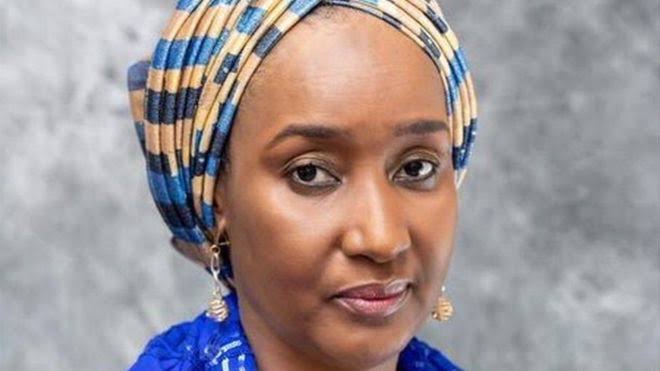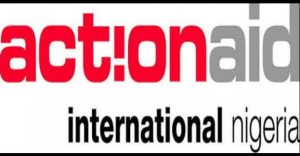
Only Two FCT Communities Have Received FG Palliatives So Far, Says Action Aid & CITAD
Only two communities have so far benefitted from the Federal Government of Nigeria’s palliatives regime, investigation has shown. A survey by two NGOs – the Centre for Information Technology and Development, (CITAD) and Action Aid Nigeria, (AAIN) discovered that 17 out of 19 communities in the Federal Capital Territory, (FCT) have not got anything as palliatives.
This throws a new dimension to controversies surrounding FG’s management of COVID-19 in Nigeria given that the FCT where this particular discovery is coming from is the seat of the federal authority and the principle of proximity would have been expected to guarantee it as the best theatre in efficient handling of palliatives. Until newer and contrary information emerge from the Government, that does not appear to be so.
It would be shocking if there were no controversies about managing the COVID-19 pandemic in Nigeria, given the relative diversity of the country. The question, however, is whether the kinds of controversies so far are good or bad ones, irrespective of the morality meaning of words such as good and bad.

 In this case, the two NGOs which said they have been working in 19 communities of the FCT under their Local Right Program showed through a survey, using public information centres they set up in the 19 communities, only two communities, Paspa in Bwari Area Council and Gaube in Kuje Area Council have received any form of support.
In this case, the two NGOs which said they have been working in 19 communities of the FCT under their Local Right Program showed through a survey, using public information centres they set up in the 19 communities, only two communities, Paspa in Bwari Area Council and Gaube in Kuje Area Council have received any form of support.
The other communities that are yet to receive any support include Gwalada, Jiwa, Jiwa Tsoho, Gofidna, Tungan Ashere, Tugan Nasara and Dakwa in Abuja Municipal Council and then Kilankwa, LeleyiBasssa, LeleyiGwari and Pai, all in Kwali Area Council. The last set comprises Kayache and Tukpheci in Kuje Area Council; Kuchibuyi, Igu and  Guto in Bwari Area Council.
“While we note that beneficiaries are predetermined as they are people already enrolled in the conditional cash transfer of the National Cash Transfer Office, it will be curious if there are no enrollees in these communitiesâ€, the NGOs said in a summary view of the report and are calling on the Government to look into the situation. They argue that, like any other part of the country, these communities do have extremely poor families.
Transparency is not escaping their attention too as they are equally drawing the ears of the FG to ensuring a transparent and accountable process that will ensure benefits do reach the real or intended beneficiaries. This is implied to be much easier if the Government works with civil society organisations as partners in responding to the crisis “as a situation like the one we are now is better addressed through a multi stakeholder processâ€.
This brings to three, the key controversies that have dodged the COVID-19 crisis in Nigeria, so far, most of it directed at the Federal Government of Nigeria which is animates nationhood in a moment of tension such as this. One of it is the nature of lockdown that might have been more sensitive and better managed. The second would be the question of innovative thinking in terms of a ‘magical’ point of departure in responding to the situation. The third is the nature of palliatives as well as the honest administration of even what exists.
The FG’s palliatives regime comes under the Federal Ministry of Humanitarian Affairs, Disaster Management and Social Development which administers a palliative scheme to support vulnerable communities.

Leave a Reply